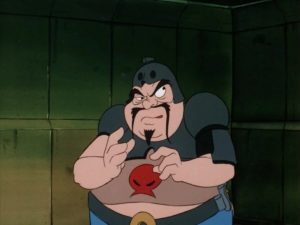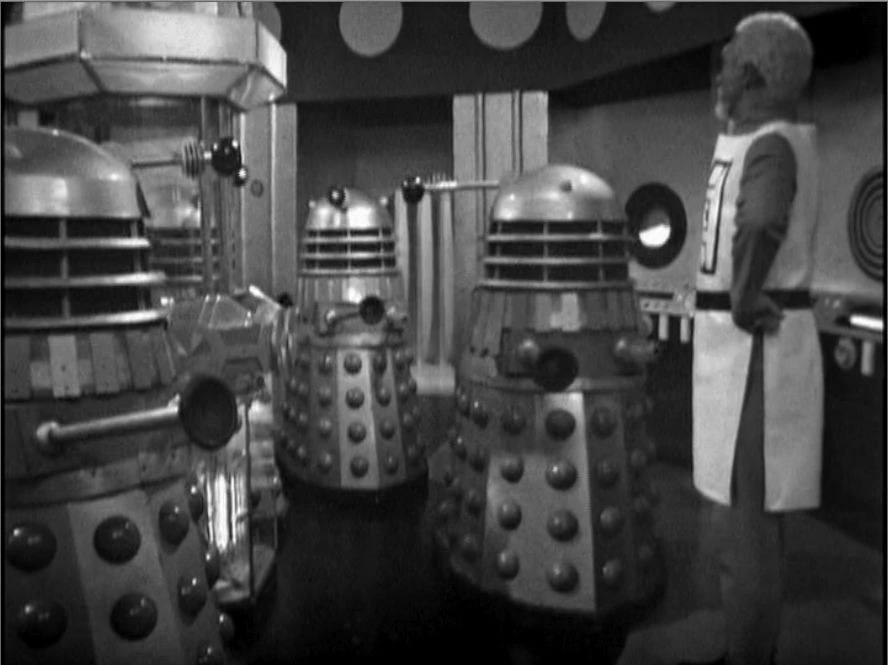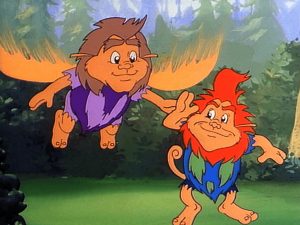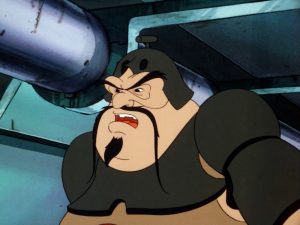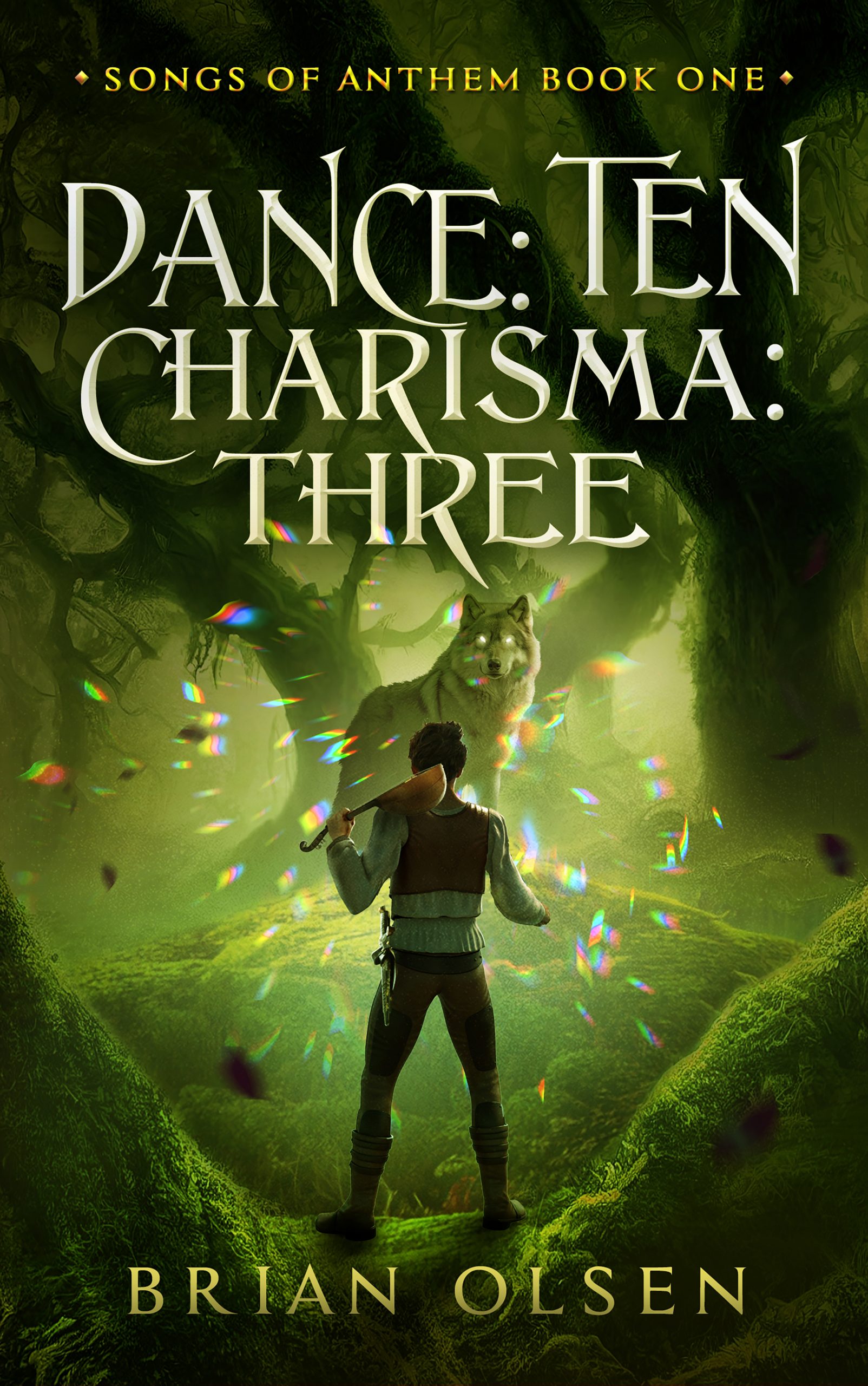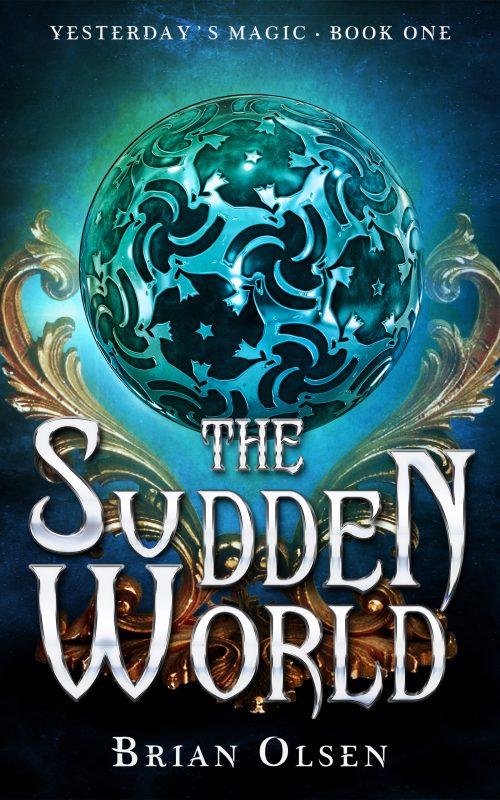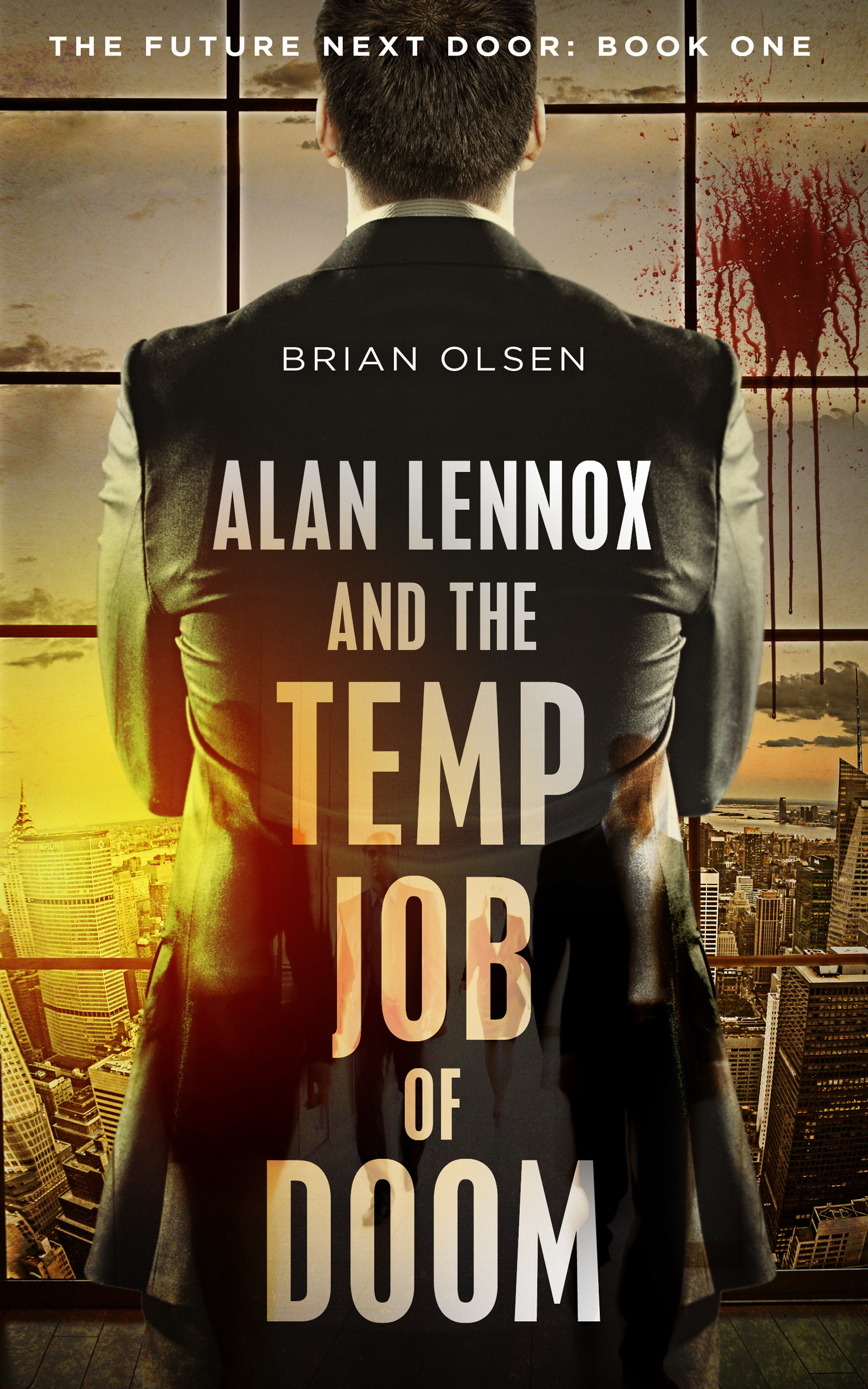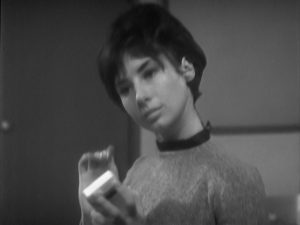
I must have tried a dozen times by now, at least, to write about the first episode of Doctor Who. I’ve tried funny takes, serious takes, a recap format – every time, I stop. I give up. It’s too big. I love this show so much that I’m compelled to document that love, but my love is so great that nothing I could write is ever going to be sufficient.
Which is, obviously, an absurd way to feel about a television show. Possibly even an unhealthy way to feel. I’m wary of any uncritical love of corporate owned media. I’m a big enough nerd that I’ve got plenty of other, lesser loves – comics, Star Trek, and, most notably for this blog’s purposes, Star Wars, which I manage to love to a lesser enough degree that I can write about it. Fan love can be a beautiful thing but it can also be toxic. I don’t mean the racists and sexists and all the other petty bigots – if you’re reading this, I’m guessing you’re not in the GamerGate crowd. I mean the Marvel movie stans who cheer on the type of corporate merger that’s a symptom of the capitalism that’s killing our planet because it means Wolverine can meet Captain America, or the Potterheads who turn a blind eye to Rowling’s transphobia because they just gotta try the butter beer at Wizarding World.
But that’s me. I’m those people. No matter what happens behind the scenes on Doctor Who, I’ll be there. And there’s a lot of behind the scenes stuff to be critical of. Plenty of in front of the scenes stuff, for that matter. For most of the show’s history, I could take solace in it being a BBC production, not some megacorporation’s favored branded content, but now that Disney’s got a piece, well… what’s a capitalism-hating socialist to do?
Defend it, of course. Dig in my heels. Doctor Who is not like the MCU, or Star Wars, or Harry Potter. It’s better, it’s bigger. It’s magic. It’s mercury. This first episode, “An Unearthly Child,” is miles away in tone and structure from the episodes streaming now on Disney+ and yet it is recognizably the same show. I wouldn’t say we could draw a straight line from then to now – Doctor Who is not a story about straight lines – but we can certainly put our pen down on November 23, 1963, and draw a loopy, blurry, doubling-and-tripling-back-on-itself line to today. And no one person or even one corporation could ever sour that for me. I mean, Fox got ahold of it in 1996, and that worked out all right. (Okay, not in the short term, but eventually.)
If my love survived “Kerblam!”, it can survive anything.
But why do I love it so much? I’ve written before about why I started watching it – thanks, Dad – but not why it transfixed me so. My age is certainly a part of it – I think it’s safe to call eight a formative time in one’s life – but I was already a fan of the aforementioned comics, Star Trek, and Star Wars by then, and Doctor Who vaulted past all of those obsessions easily.
Being queer is also part of it. It’s hardly groundbreaking analysis to say that queer people tend to be drawn to outsider narratives, particularly stories in which an outsider gets theirs on the establishment, and that’s Doctor Who all over. (Except when it’s not. Kerblam!) Just look at this debut episode. What little gay boy doesn’t feel like he himself is an unearthly child? I certainly did, and yes, if I’d known about this episode I would have been pretentious enough to describe myself that way, even at age eight. Especially at age eight. (“I am… an unearthly child,” I’d have whispered to myself in the dark, a single tear dripping dramatically onto my pillow.)
Ian and Barbara are meant to be the audience identification figures for the adults watching – stalwart schoolteachers, trusted and responsible. But Susan was included to give the children and teens someone to connect with, which is, in retrospect, an unusual but brilliant choice. The kids’ identification figure is literally an alien, bizarre and otherworldly, both too smart and too strange for her peers and her teachers. And yet Susan loves being among them, wants desperately to fit in, even as her intelligence and her odd behavior continually mark her as different. She’s loved but not listened to by her grandfather, who won’t accept that she might know herself better than he does.
Queer kids would feel what Susan felt. Plenty of straight kids would too, I’d imagine. I certainly would have, if I’d been alive and watching in 1963. I feel it now, and every time I rewatch “An Unearthly Child.”. Watch this episode, and see if you feel it too.
(If you can find it – sadly, copyright issues mean this first story isn’t available to stream anywhere.) (Legally.)
I want to say more about this episode. About a moment at the beginning between a couple of supporting artists playing students that’s so beautifully normal, it throws Susan’s unusualness into stark relief. About the introduction of the Doctor, our supposed hero who’s anything but. About Barbara’s face when she enters the TARDIS for the first time, and how her wordless reaction says more than any line of dialogue ever could. About how much I wish the modern series would show us a party on Gallifrey where everyone is doing Susan’s weird hand-dance.
But that’s the trap I’ve fallen into so many times before. In trying to write everything I feel about Doctor Who, I write nothing. So I’ll leave it here, with just a light touch on the queerness of Susan, a thread I may follow through later episodes, or I may abandon completely. Doctor Who is ever changeable, after all, so I don’t see why I shouldn’t be, too.
Maybe that’s why I love it? A show that’s constantly reinventing itself? It’s a trait I’ve noticed in myself, sometimes for better, sometimes for worse. Is this where I got it? Did Doctor Who influence my life more than I think? Is that why I’m so drawn to it? I’ll keep watching, and keep writing, and maybe I’ll find out.
